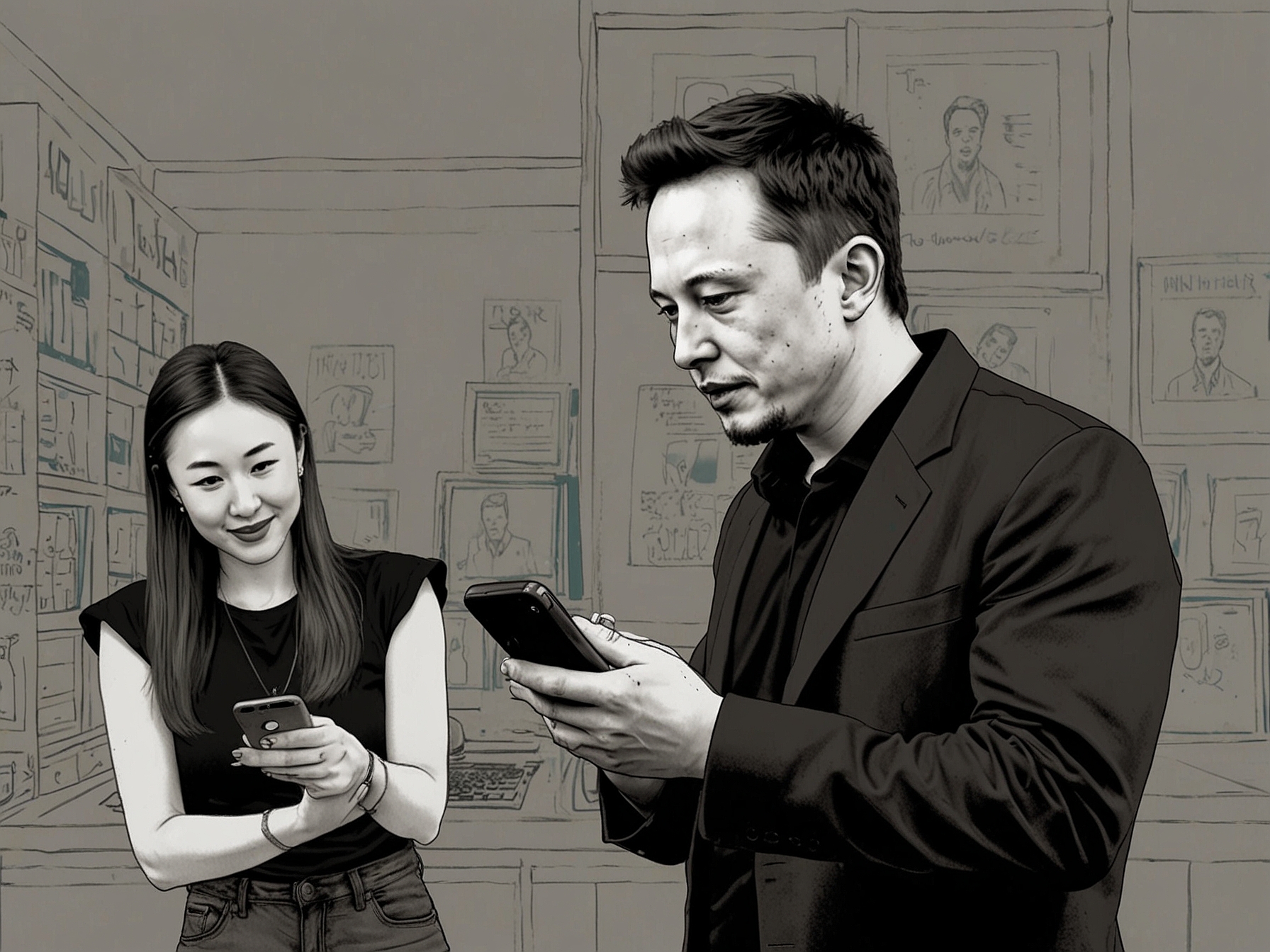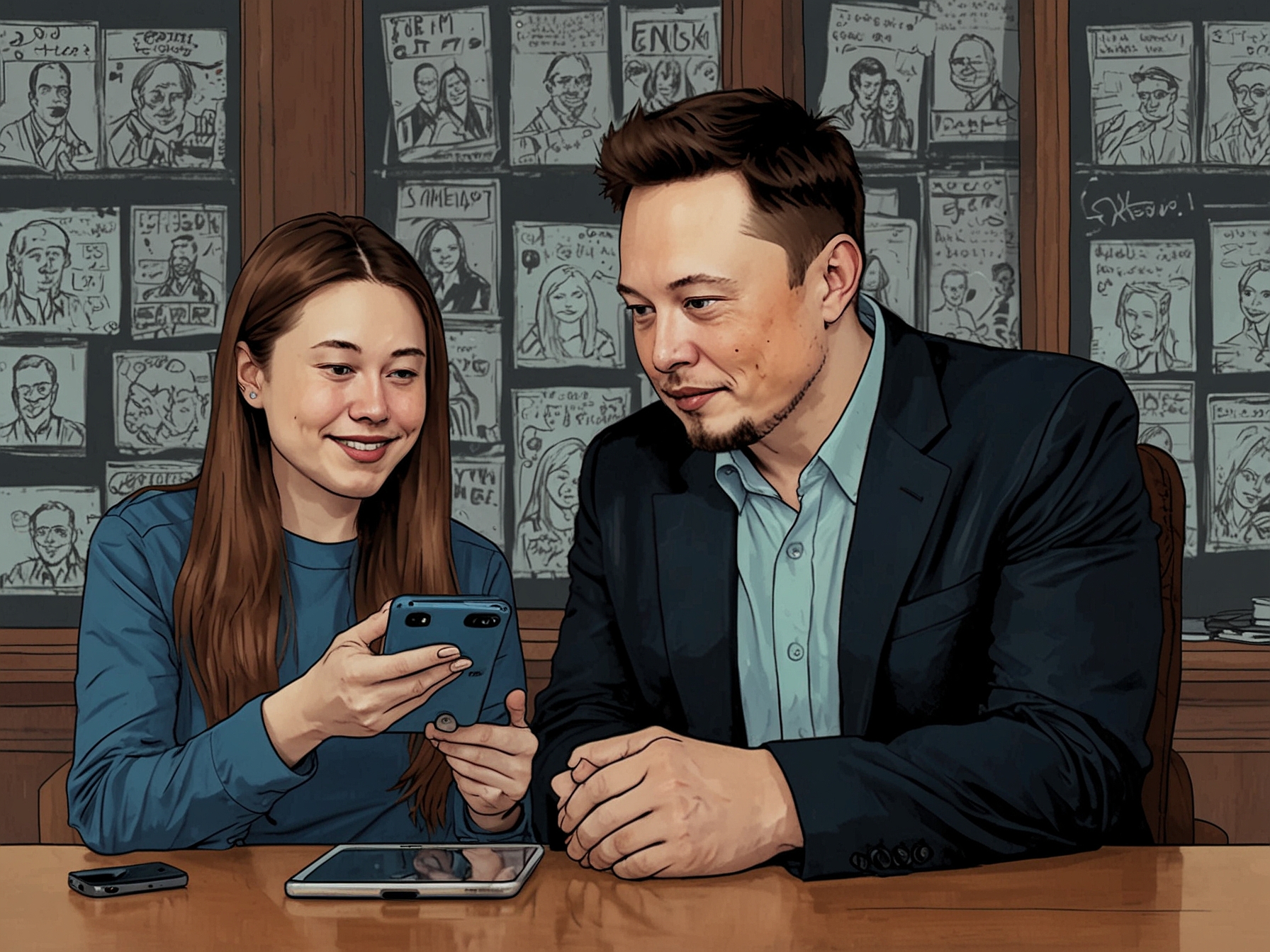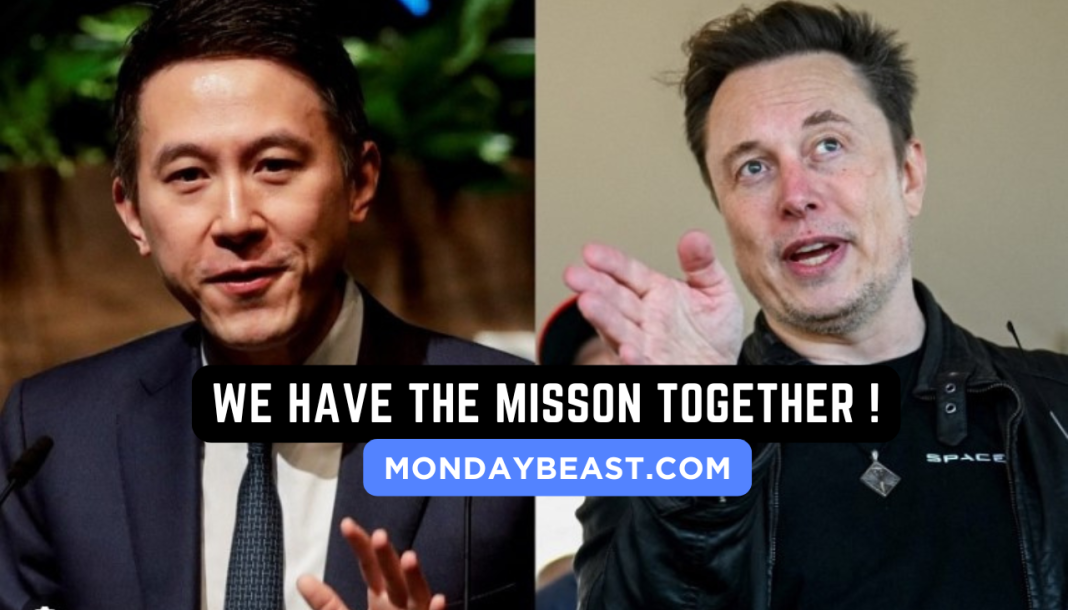Elon Musk and TikTok’s Uncertain Future
What happens when two tech titans communicate? TikTok’s CEO, Shou Zi Chew, appears to be doing just that—actively texting Elon Musk. Amid rising tensions about the app’s fate in the US, this connection raises questions. Are they planning something? Or perhaps, just sharing thoughts? For Chew, the stakes are undeniably high.
The communication is said to be informal yet frequent, with discussions ranging from tech policy to the incoming administration. Reports even suggest a long-standing rapport between the two. But here’s the kicker: they haven’t discussed specific strategies for keeping TikTok afloat in America. Why not? Maybe it’s too risky or perhaps they seek to avoid public scrutiny.

Musk’s position in American politics adds another layer. He’s been mingling with President-elect Donald Trump, seemingly becoming an influential voice in technology discussions. Given that, one has to wonder: could this friendship lead to some form of political intervention for TikTok? It’s a tantalizing thought.
Biden’s Law and TikTok’s Looming Deadline
As TikTok teeters on the edge of a ban, one significant deadline looms. In April, President Joe Biden signed a pivotal law requiring ByteDance to divest or shut down TikTok operations in the US. The deadline is set for January 19, 2025, coinciding strikingly with the close of Biden’s term. This pressure could tighten the screws on TikTok’s future.
To add an intriguing twist, let’s rewind to the Trump administration. Back in 2020, Trump attempted to block TikTok but ultimately failed. Interestingly, he has altered his tone significantly since then. Fast forward to July this year, Trump openly voiced his support for TikTok, stating: “Without TikTok, Facebook and Instagram would have no competition.” It’s shocking, isn’t it? The very app he sought to ban is now a topic of favor.
Global Perspectives on Data Privacy

The TikTok saga isn’t just a national issue; it echoes around the globe. Many express concerns about data privacy, especially regarding foreign companies storing American user data. But the narrative isn’t straightforward. TikTok argues that the app is safe. However, skeptics voice legitimate fears about potential spying. This dichotomy leaves users uncertain about their digital lives.
Let’s not forget the human element here. Imagine a teenager scrolling through TikTok. They’re not just consuming content; they’re participating in a digital culture. The app offers a platform for creativity, self-expression, and community. Can we put that at risk?
Is Political Influence the Answer?
This is the heart of the matter. How much influence should Musk or any tech leader have in political matters? Their bond with Trump could shift the landscape for many companies, including TikTok. Should political connections dictate operational choices? It’s a nuanced question.

Ultimately, the conversation around TikTok isn’t simply about bans or apps. It’s about the future of digital engagement, privacy, and who controls the narrative. As we stand at this crossroads, the stakes are incredibly high for users, tech companies, and politicians alike. Will Musk’s texts lead to breakthrough strategies, or is it simply chatter among friends? Only time will tell.




